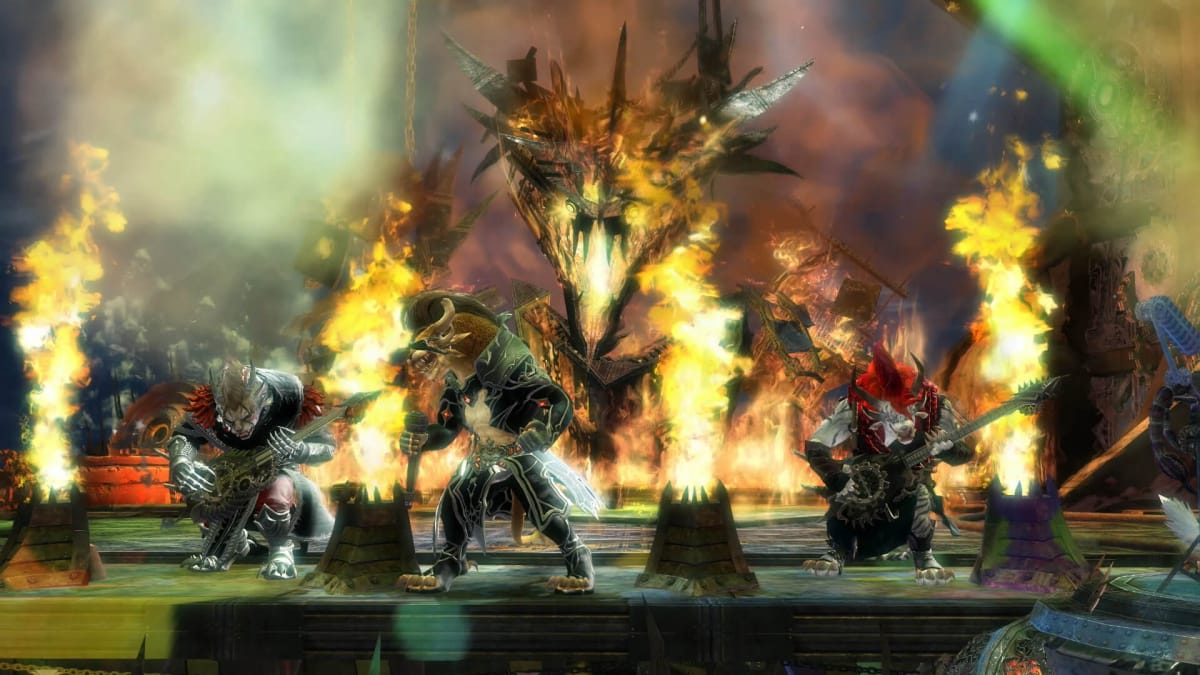A newly-published white paper has called for much greater scrutiny on the gaming industry when it comes to data collection and privacy. The paper likens gaming to social media, dating apps, or search engines in the level of data collected about gamers and their habits.
What does this new paper reveal about gaming data collection?
This new paper is titled "Surveilling the Gamers: Privacy Impacts of the Video Game Industry". The paper's abstract suggests that gaming devices "pose a serious threat to consumer privacy". According to the paper's authors - experts from the Technical University of Berlin, the University of Victoria, and the Weizenbaum Institute for the Networked Society - the "granularity and enormous scale" of data collection necessitates greater scrutiny on the gaming industry. The paper points to ways in which gaming data can be used to influence political beliefs, make players purchase content within games, and spur demand for real-life products.

The paper points to one particularly chilling example of data inference, in which companies infer things about you based on data they collect. Using 435 in-game parameters such as character class, race, gender, and combat stats, a study was able to predict the age of 53% of their sample of World of Warcraft players with just a five-year margin of error. Another study was able to infer self-reported gender identity for Guild Wars 2 players with 83% accuracy using similar parameters. There are literally hundreds of different metrics companies can use not only to gather data about you, but also to infer who you might be based on that data.
Later on, the paper discusses the impact of gaming hardware sensors on data collection. Though it "cannot cover in-depth the whole diversity of sensors" used in gaming hardware, it does point to a method by which user finger orientation, finger spacing, and even knuckle joint locations can be detected simply by touch pad input. In essence, the thesis of the paper is thus: you are being watched all the time while you game, and companies are constantly collecting data about you and using it to infer who you might be and what your habits are.
What does the new gaming data collection paper conclude?
The authors of Surveilling the Gamers state that their intention was to provide a comprehensive outline of data gathering classifications in order to assist lawmakers and fellow researchers in gathering data and making decisions. According to the paper, there is "a long way to go" when it comes to transparency in data processing, and that no user should expect that their privacy is "protected or even respected" when gaming.
As a gamer, unfortunately, as it stands right now, you're pretty much powerless. The paper posits that "only technology-savvy NGOs, research institutions, and governmental agencies" are sufficiently equipped to provide long-term solutions for this problem. Without opting out of gaming T&Cs - and thus often denying yourself the right to actually play the game - you agree to hand this data over by the mere act of playing. Here's hoping that the paper will prove useful for lawmakers and other entities when it comes to addressing this issue.
How do you feel about the extent of data collection in gaming? Let us know in the comments below!







